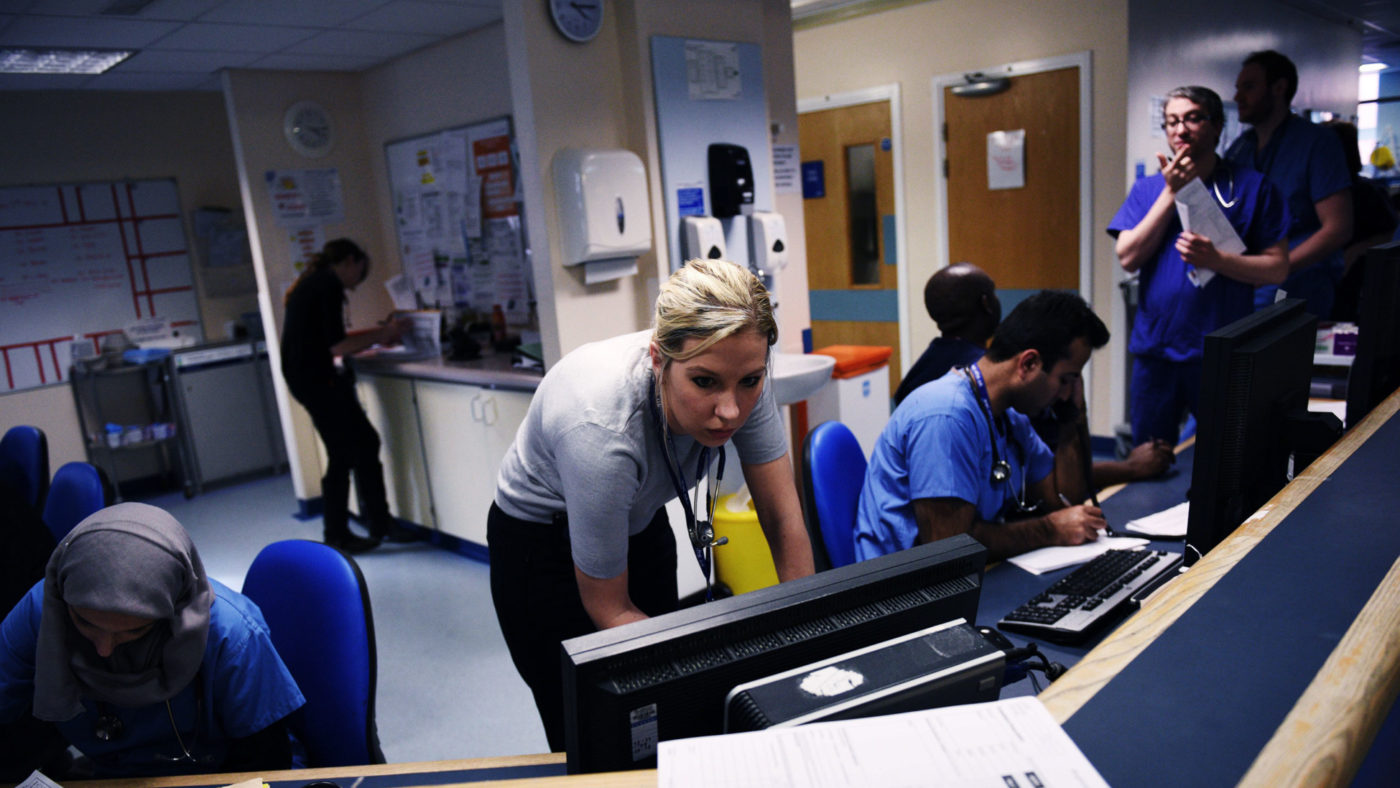NHS England is the UK’s largest quango. It is one of the most complex organisations in the world, yet is run according to a model designed for small agencies without responsibilities to deliver services directly to the public. Crucially, this also means it is constantly exposed to political meddling and under siege from a plethora of other health quangos solely concerned with management.
These arms-length bodies – set up with the best intentions in mind, possibly to respond to very specific problems and short-term political concerns – over time develop their own agendas and seek to expand their remit. If NHS England is in charge, why does it need a raft of independent bodies attempting to do their job for them?
No other business or organisation functions in this way, because the result would be different areas of the monolith pulling in different directions, having to juggle competing objectives being imposed from the top by power centres with different priorities.
Healthcare in the UK is subject to a vicious political tug-of-war, where the NHS is constantly in some sort of a “crisis”. It happens because healthcare in the UK is extremely politically salient – recent YouGov polling shows a staggering 52 per cent of British voters see it as one of their top two concerns, compared to just 10 per cent in Germany and 8 per cent in France.
But it is also because the Health Secretary is seen as directly responsible for absolutely everything that goes on in the system, from what is now the annual NHS ‘winter crisis’, right down to the shortage of paracetamol at a small district hospital.
Overwhelmed by what is clearly an impossible task, successive health secretaries engage in futile micromanagement, often to the frustration of local managers who have a much better idea of what works and what doesn’t but fall victim to a never-ending stream of politically-motivated ‘initiatives’, reorganisations and unrealistic targets set from above.
On the other side of the coin, the opposition is heavily incentivised to simply promise more money, because the problems the NHS faces require solutions which are difficult to explain to the public and are likely to come up against vocal opposition from entrenched interests within the service itself. It is much easier – and, to an extent, electorally advantageous – to simply blame everything on underfunding and shout down any meaningful reforms as ‘privatisation.’
But in the end, everybody loses. The government loses as their attempts at micromanagement fail as soon as they come into contact with local realities and lack of institutional buy-in. The opposition loses as pumping ever more money into a creaking system fails to prevent the next ‘crisis’ or effect any meaningful change.
NHS staff lose out as their working conditions deteriorate while their best ideas lose out to those imposed from Whitehall. And the patients lose, as the system continues to be blighted by seemingly unsolvable problems. If politics and top-down ideas being imposed from the centre are the problems, could the answer lie in making NHS England as independent as possible?
In a research paper released today, my TaxPayers’ Alliance colleague Tim Ambler and I propose two pieces of reform which would address some of these problems.
Firstly, making NHS England a publicly-owned corporation with all day-to-day management powers transferred to an independent governance board – accountable to ministers who would only be responsible for setting the budget, outlining performance targets and holding the board to account over performance – would take the political cycle out of the NHS and allow for more long-term planning.
Secondly, curbing the number of health quangos would further ensure that the independent NHS England can manage itself without interference from both politicians (who can use arms-length bodies as a means of exerting control) and the individual agendas these bodies can develop over time.
Specifically we suggest:
- Abolishing the Independent Reconfiguration Panel, National Information Board, and NHS Improvement.
- Combining Public Health England, Health Education England and the Health Research Authority. The functions of Health Education England can be handed to universities, while the Health Research Authority’s work is already done by the Medical Research Council.
- Merging NICE with another three bodies to create one organisation responsible for medicines and technology.
What’s more, we estimate these reforms could save the health service nearly £800m.
The idea of making the NHS independent from direct political control is not new. Every once in a while it would emerge, but fail to get any political traction. Making matters worse is the extreme aversion to any “top-down reorganisation of the NHS”, which since Andrew Lansley’s reforms is just about the only point of consensus in this debate.
But what we propose is anything but top-down; it would make the organisation simpler, not more complicated.
How much money we spend on healthcare is a political decision and should remain in the hands of ministers, but how the organisation is managed is a matter solely for the managers.
NHS managers, not the Secretary of State, should be responsible for the hypothetical shortage of paracetamol in a small district hospital mentioned above, provided they are given the freedom they need — both from micromanaging ministers and power-hungry quangos.


